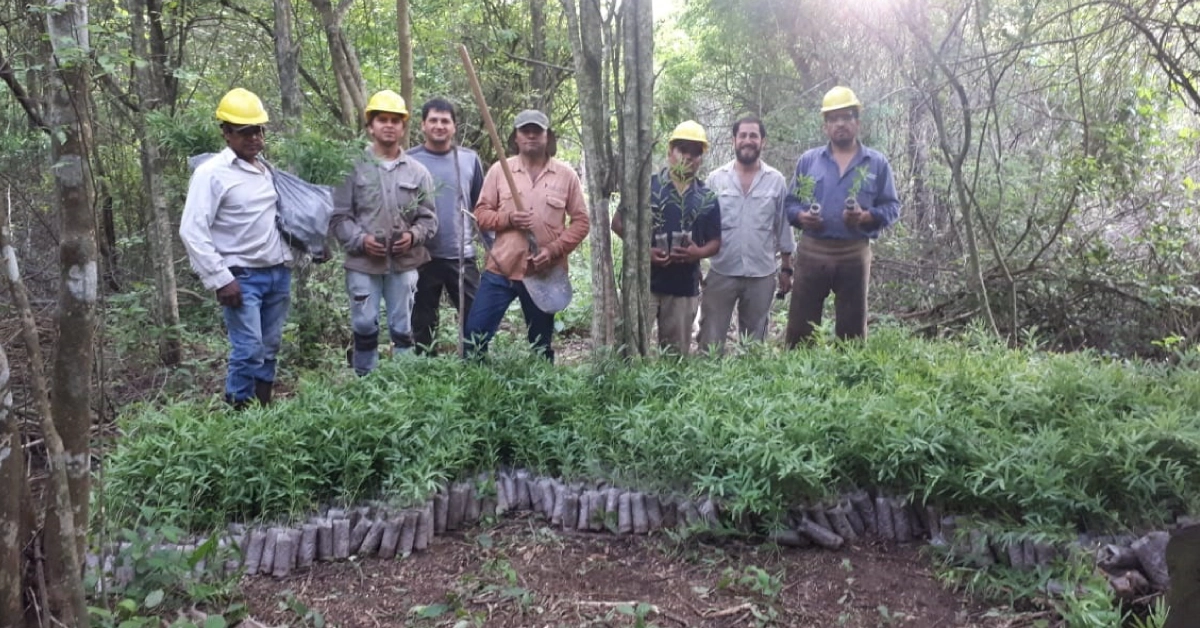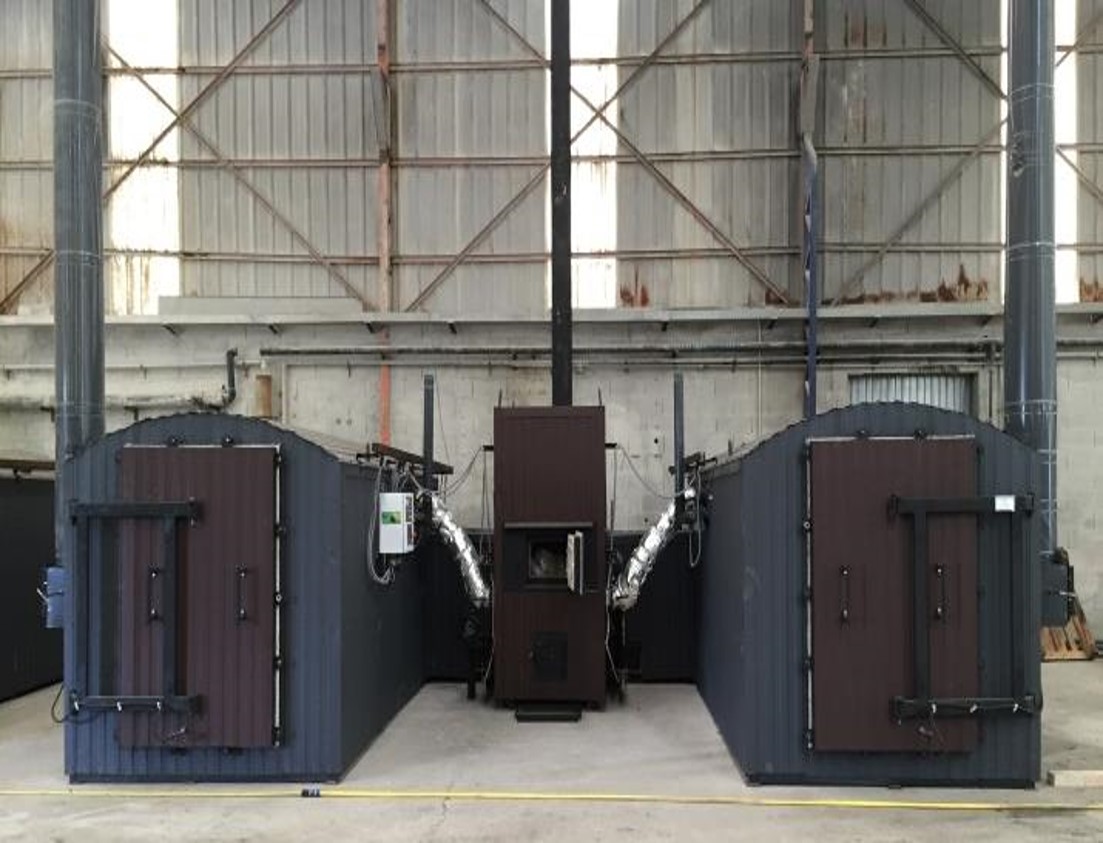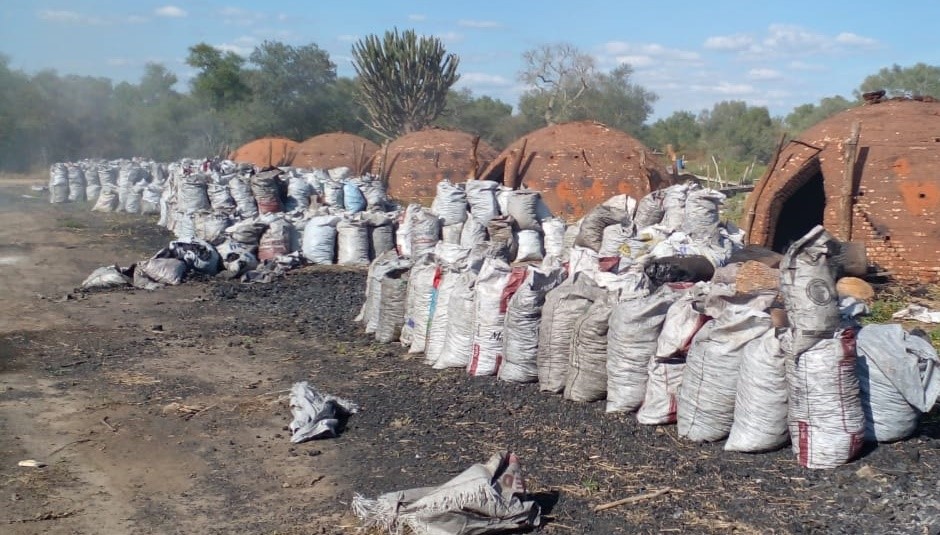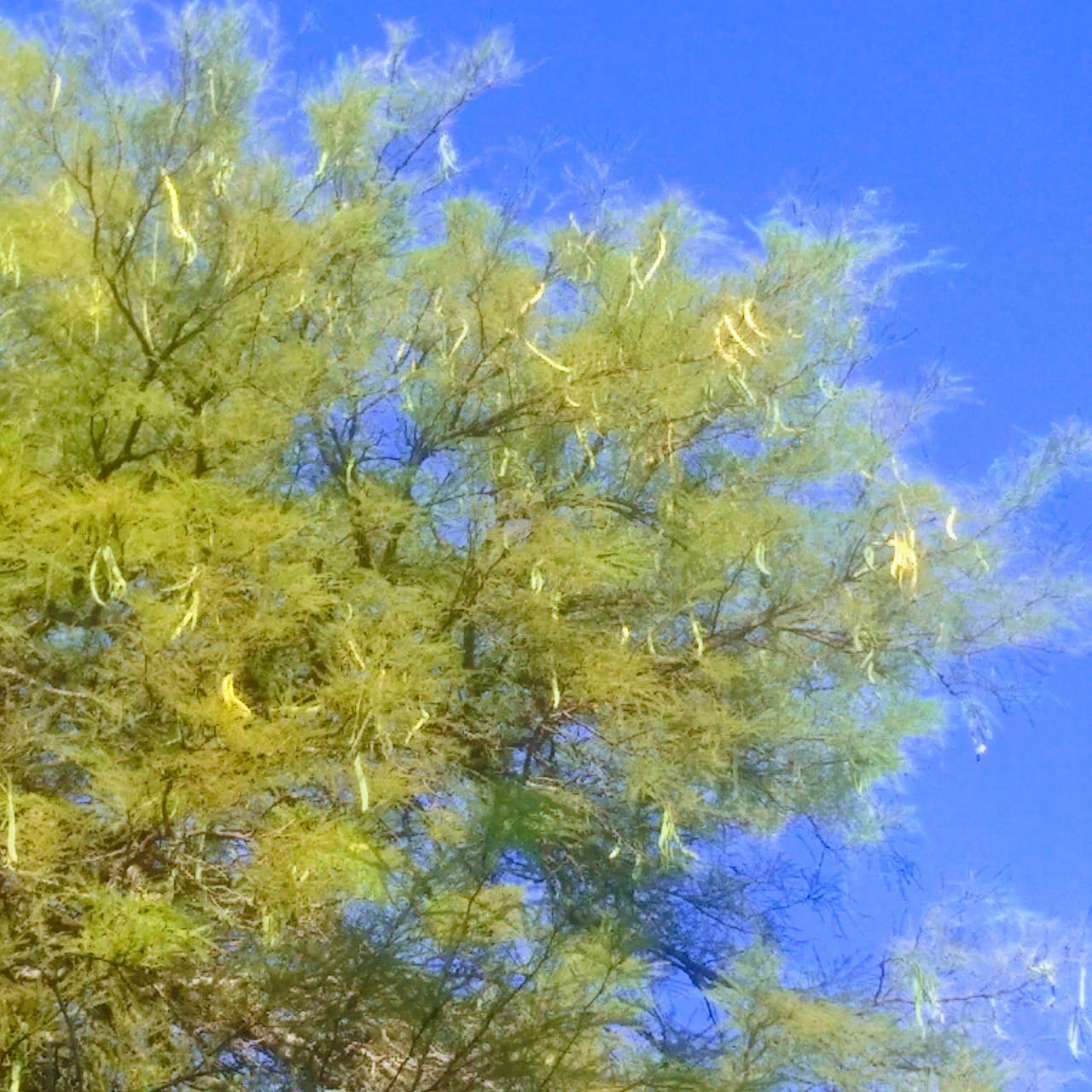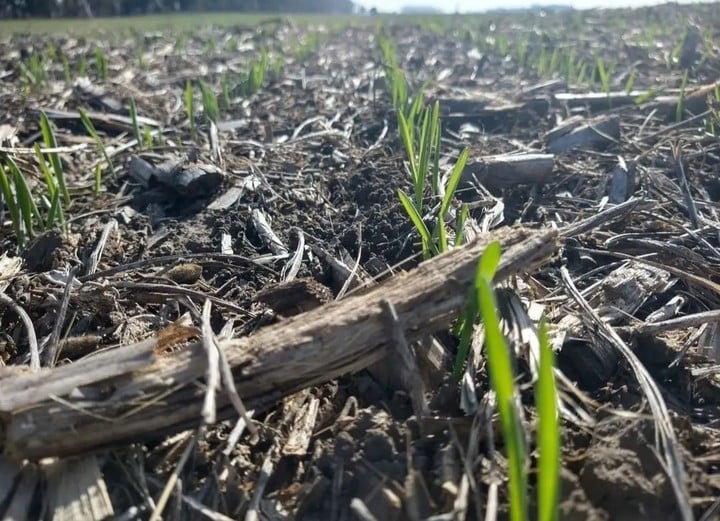The ‘Deforestation fronts: Drivers and responses in a changing world’ report, published by the Worldwide Fund for Nature (WWF), evaluates 24 deforestation fronts with significant concentration of deforestation hotspots and where large areas of remaining forests are under threat.
Continue readingSustainable Charcoal
Organic Honey Production
The Gran Chaco Americano is a large biome extending to four countries (Argentina, Paraguay, Bolivia, and Brazil), covering approximately 1,000,000km2.
Continue readingNative Not-Flours (Coming Soon)
Coming Soon
Continue readingRegenerative agriculture (Coming Soon)
Coming Soon
Continue reading